In the enchanting world of honey, the decision between raw unfiltered honey vs organic honey can leave us pondering over their distinct characteristics and benefits. Join us as we embark on a captivating exploration of the main differences between these two varieties, unraveling the wonders of raw unfiltered honey and delving into the allure of certified organic honey.
In this comprehensive guide, we aim to shed light on the secrets behind these exceptional honey types, enabling you to make an informed choice that enhances both your health and culinary experience.
Jump to:
- Different Types of Honey
- Raw Unfiltered Honey
- Certified Organic Honey
- Processing Methods and Added Ingredients
- Health Benefits of Raw Honey
- The Organic Honey Advantage
- Navigating the Honey Market: Understanding Labels and Certifications
- Exploring the World of Honey
- Choosing Raw vs Organic
- Making an Informed Choice
- The Bottom Line
- Conclusion
- Comments
This post is for informational purposes only. As a Holistic Nutrition Specialist and Coach, I provide up-to-date health information that may assist you in making informed choices. Before making any major changes in your diet and lifestyle, always seek the advice of your physician or dietician for a personalized plan.
Different Types of Honey
Honey, nature's golden elixir, is available in a range of types, each with its own unique flavor profile and therapeutic potential. Let's take a closer look at the different varieties of honey, unraveling their distinctive characteristics and benefits.
You may notice that honey jars in your local grocery store or farmer's market have a variety of different names on the honey label. Raw honey, Raw Unfiltered Honey, Local Honey, Organic Honey, Organic Raw Honey, Pure Honey, Natural Honey, and regular honey are a few of the names on the label you may find.
As a holistic nutrition coach, I am often asked about the differences between these kinds of honey and which is the healthiest honey. Let's delve into the different types and gain a greater understanding of each of them and what they mean.
Raw Unfiltered Honey
Raw unfiltered honey, also called pure honey and often regarded as the epitome of real honey, undergoes minimal processing and retains the natural goodness present in the hive.
Unlike its filtered counterparts, raw unfiltered honey preserves essential components such as amino acids, bee pollen, and propolis. By avoiding high-temperature pasteurization and the filtering process, it retains its natural enzymes, minerals, and antioxidants.
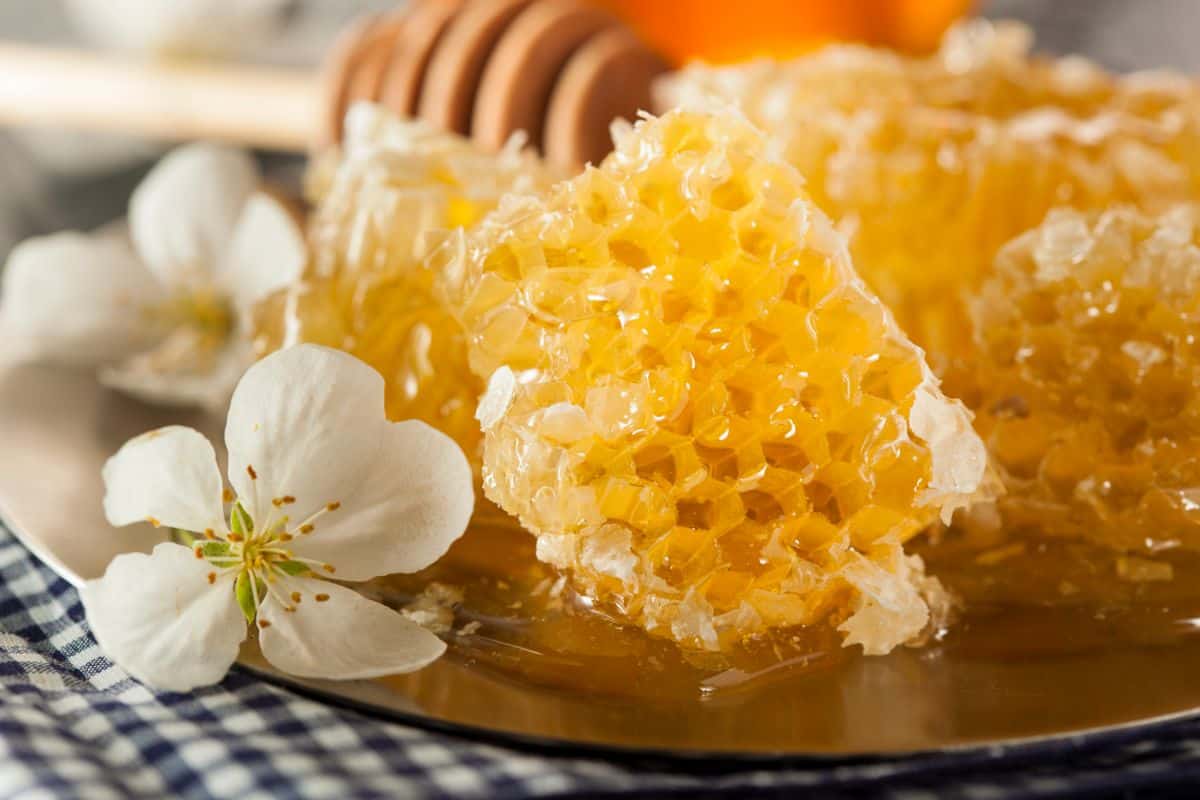
This unadulterated form of honey possesses remarkable antibacterial properties, aids in soothing a sore throat, supports digestive health, and offers immune system-boosting benefits. The health benefits of raw honey vary depending on the color of the honey and the region it is found in. Check out this post on light vs dark honey for more info!
Moreover, raw unfiltered honey (unpasteurized honey) serves as a versatile ingredient in both culinary and therapeutic applications.
 Goshen Amish Country Honey ...Shop on Amazon
Goshen Amish Country Honey ...Shop on Amazon
Certified Organic Honey
For those seeking a conscious choice that aligns with sustainable practices, certified organic honey presents a compelling option. Sourced from local beekeepers committed to environmentally friendly methods, organic honey is free from synthetic pesticides and chemicals.

The organic certification ensures that the honey is produced in harmony with nature, allowing the bees to forage on pesticide-free flowers and thrive in a healthier ecosystem. Certified organic honey typically undergoes minimal processing and often remains unpasteurized, thereby preserving its natural enzymes, nutritional value, and delicate flavors.
This pure and wholesome honey variety serves as a testament to the harmonious relationship between human well-being and the environment. It is important, however, to ensure the honey producers that you purchase from are reputable and do not pasteurize or filter the honey. The label should read Raw Organic Honey or Raw Unfiltered Organic Honey.
 Carmichael’s Organic Hone...Shop on Amazon
Carmichael’s Organic Hone...Shop on Amazon
Processing Methods and Added Ingredients
In stark contrast to raw unfiltered and organic honey, industrial honey (processed honey) is subjected to extensive processing methods that compromise its natural qualities.
Industrial honey often undergoes a pasteurization process that involves heating the honey to high temperatures to extend the shelf life of the honey and kill any potential pathogens.
Unfortunately, this high heat can lead to the loss of beneficial enzymes, vitamins, and antioxidants found in raw honey. Additionally, industrial honey may be filtered using nylon cloth, which removes particles such as pollen and propolis that contribute to its potent nutritional value.
Some commercial honey products may even contain added ingredients or be adulterated with sugar syrup or even high fructose corn syrup to increase their volume, diluting and further compromising the purity and quality of the honey. For more information about the dangers of added ingredients like corn syrup, check out this helpful guide to reading ingredients.
Health Benefits of Raw Honey
Raw unfiltered honey encompasses a myriad of health benefits that can enhance overall well-being. Its rich antioxidant properties help combat free radicals and reduce oxidative stress in the body.
It also possesses antibacterial and antiviral properties, aiding in wound healing and supporting a healthy immune system. For more information on natural antibacterial honey types, check out our post on Buckwheat Honey vs Manuka Honey. For additional immune-boosting herbs and foods check out our natural guide.
Furthermore, it serves as a natural energy booster, providing a quick source of carbohydrates and replenishing glycogen stores after physical exertion. This versatile superfood can be used in homemade remedies, culinary delights, or enjoyed simply as a natural sweetener with a delightful range of flavors.
| Nutritional Content of Raw Honey |
|---|
| Calories | 64 per tablespoon |
| Carbohydrates | 17 grams |
| Total Sugars | 17 grams |
| Fat | 0 grams |
| Protein | 0.1 grams |
| Fiber | 0 grams |
| Vitamin C | 0.1 milligrams |
| Calcium | 1 milligram |
| Iron | 0.1 milligram |
| Potassium | 11 milligrams |
| Zinc | 0.1 milligram |
| Sodium | 0 milligrams |
| ------------------------------------------------------------------------- |
| Health Benefits |
| Rich in antioxidants, combating free radicals |
| Natural energy booster for a quick source of carbohydrates. |
| Antibacterial and antiviral properties, aiding in wound healing |
| Soothes a sore throat and cough |
| Supports healthy gut bacteria and aids in digestion. |
| Promotes digestive health and soothes gastrointestinal discomfort. |
| Supports heart health and helps maintain proper fluid balance. |
| Contributes to immune system function and overall well-being. |
| ------------------------------------------------------------------------- |
The Organic Honey Advantage
Organic honey offers a unique advantage for individuals who prioritize sustainability and the consumption of pesticide-free products. By choosing organic honey, you support local beekeepers who adhere to stringent organic standards, promoting the well-being of honey bees and the preservation of their natural habitats.
The absence of synthetic pesticides and chemicals ensures that the honey remains pure and free from harmful residues. Organic honey's delightful flavors and creamy appearance are a testament to the bees' foraging on a diverse array of organic flowers, resulting in a truly exceptional product that captures the essence of nature's sweetness.
Navigating the Honey Market: Understanding Labels and Certifications
When shopping for honey, it's essential to be aware of various labels and certifications that provide valuable insights into the honey's quality and sourcing. The National Honey Board, for example, offers certifications and grading systems that assess honey based on its floral source, flavor profile, and processing methods.
Additionally, certifications such as USDA Organic and Certified Naturally Grown indicate that the honey meets specific organic standards and has undergone rigorous inspections. By understanding these labels and certifications, consumers can make informed choices and select honey products that align with their preferences and values.
Exploring the World of Honey
While raw unfiltered honey and certified organic honey are highly regarded for their purity and health benefits, the world of honey offers an array of other captivating options. Manuka honey, hailing from New Zealand, boasts potent antibacterial and medicinal properties, making it a sought-after choice for various therapeutic applications. Check out our guide to understanding Manuka's unique grading system and benefits.
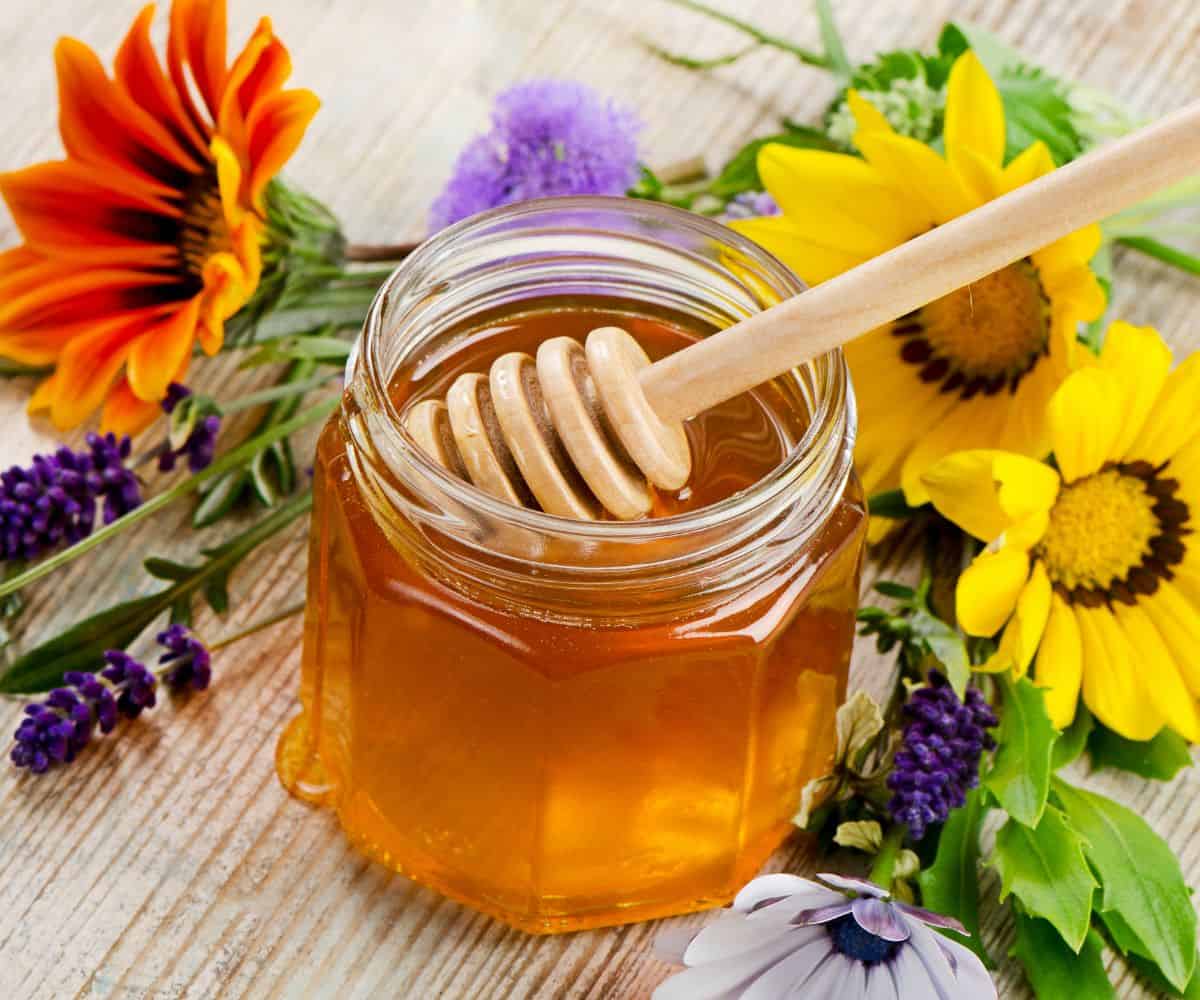
Wildflower honey, derived from a blend of nectar sources, showcases the diverse flavors and aromas of different flowers, creating a symphony of taste on the palate. It is the most common type of honey.
Exploring the unique characteristics of honey derived from specific regions, such as lavender honey or orange blossom honey, opens up a world of various flavors and delightful possibilities.
Choosing Raw vs Organic
When it comes to making the best choice between raw vs organic honey, both options offer distinct advantages. Raw unfiltered honey is renowned for preserving the natural properties and nutritional value of honey, including amino acids, enzymes, and beneficial compounds.
Its unadulterated nature and exceptional antibacterial properties make it an excellent choice for various health applications, ranging from soothing a sore throat to supporting immune function.
Organic honey, on the other hand, represents a commitment to sustainable practices and environmental stewardship. By choosing organic honey, you support local beekeepers who prioritize the well-being of bees and the preservation of natural ecosystems.
Honey is one of the foods that does not need to be organically certified in order to be healthy. The most important factor is for it to be raw and unfiltered with no additional ingredients. If you prefer, you can purchase organic raw honey. This will ensure you are getting the best of both worlds. Keep in mind, that some small bee farms may not have the money to purchase the organic certification examination. However, they often still follow the USDA organic standards and even better.
 Desert Creek Honey Raw, Unf...Shop on Amazon
Desert Creek Honey Raw, Unf...Shop on Amazon
 Local Hive, Authentic Wildf...Shop on Amazon
Local Hive, Authentic Wildf...Shop on Amazon
 Worldwide Nutrition Bundle:...Shop on Amazon
Worldwide Nutrition Bundle:...Shop on Amazon
Making an Informed Choice
When selecting honey, it's crucial to consider your personal preferences, health goals, and ethical values. Raw and organic honey offers exceptional qualities that appeal to different individuals. If you prioritize the preservation of honey's natural properties and enjoy a variety of flavors, raw unfiltered honey might be the perfect choice.
On the other hand, if sustainability and pesticide-free production are paramount, certified organic honey provides a conscious option. Visiting local farmers' markets and connecting with beekeepers in your area can offer an opportunity to explore different types of honey, support local producers, and deepen your appreciation for this remarkable natural product.
The Bottom Line
When it comes to raw unfiltered honey vs. organic honey, it is important to preserve the natural goodness of honey by choosing raw unfiltered honey. Both raw unfiltered honey and certified organic honey bring their own unique characteristics and benefits to the table.
Raw honey shines as a representation of nature's untouched beauty with its retention of essential amino acids, bee pollen, and antibacterial properties. Organic honey offers an eco-conscious choice that embraces sustainable practices, guaranteeing purity and the preservation of vital enzymes and nutrients.
Whichever path you choose, whether guided by the allure of raw unfiltered honey's untouched beauty or the environmental consciousness of certified organic honey, embark on a flavorful journey that nourishes both body and soul. Remember, the liquid state of pure honey unveils a world of possibilities where health, taste, and nature converge harmoniously.
Conclusion
In conclusion, the world of honey is as vast and diverse as the nectar of flowers that honey bees diligently collect. From pure honey that preserves the natural goodness of honey to organic that reflects a commitment to sustainable practices, each offers its own set of benefits and charms.
So, indulge in the liquid sweetness of honey and let its golden touch enrich your culinary creations and nourish your well-being.
What type of honey do you typically buy? How has honey enriched your life? We would love to hear your experiences in the comments!
Be Well,
Natalie

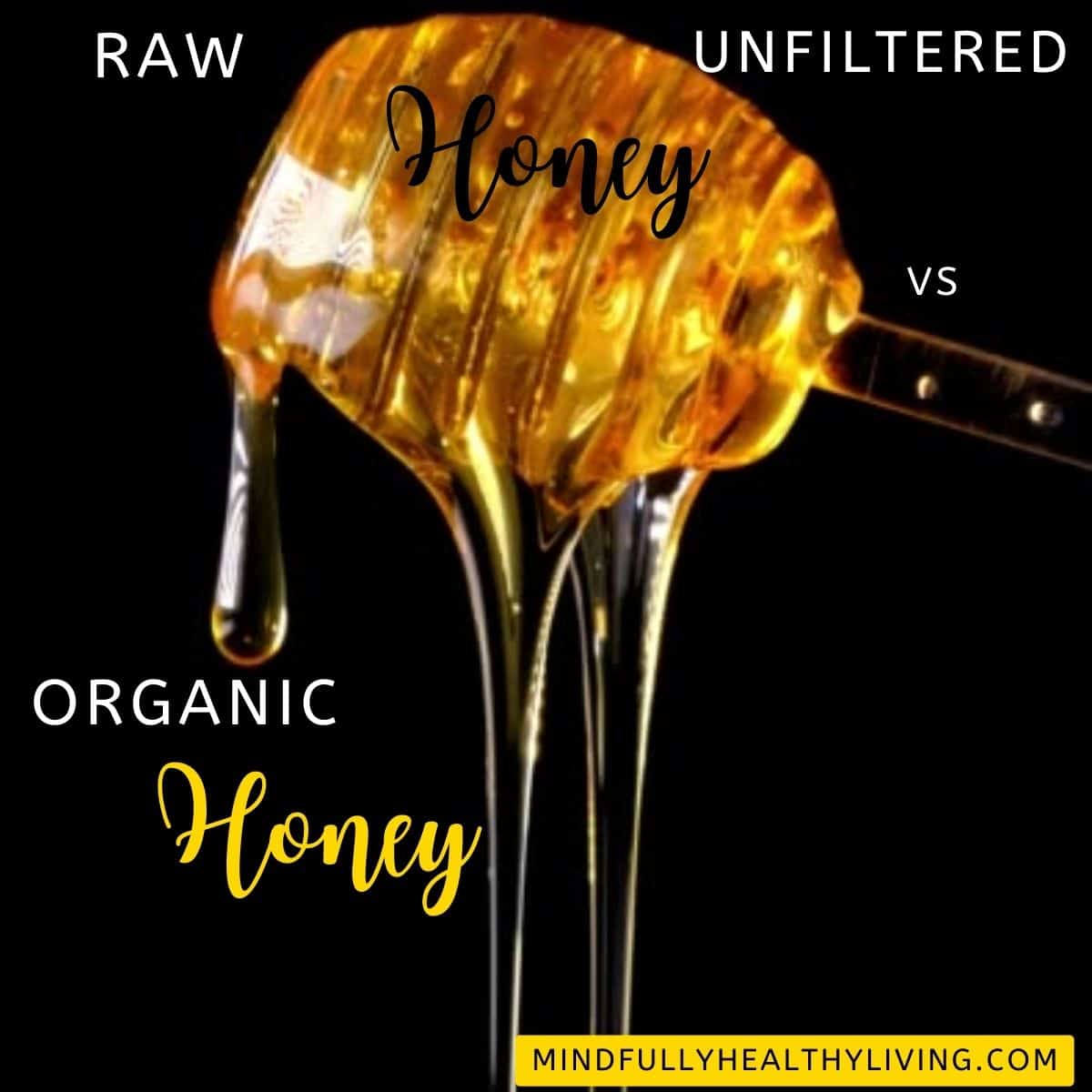
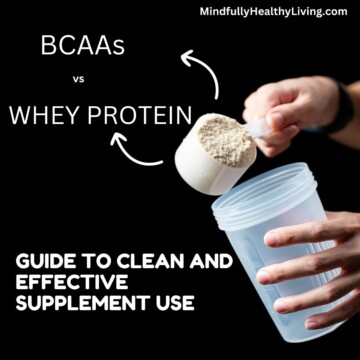
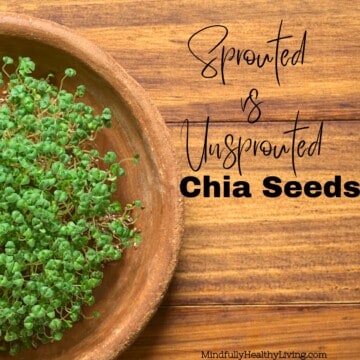

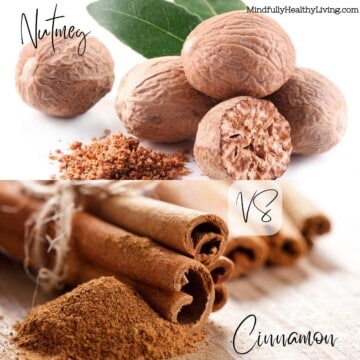

Stacia T. says
This was very informative in understanding the difference between raw/unfiltered honey and organic honey and what factors to consider when buying honey.
Natalie Perry says
Happy to hear! Thank you for commenting 🙂